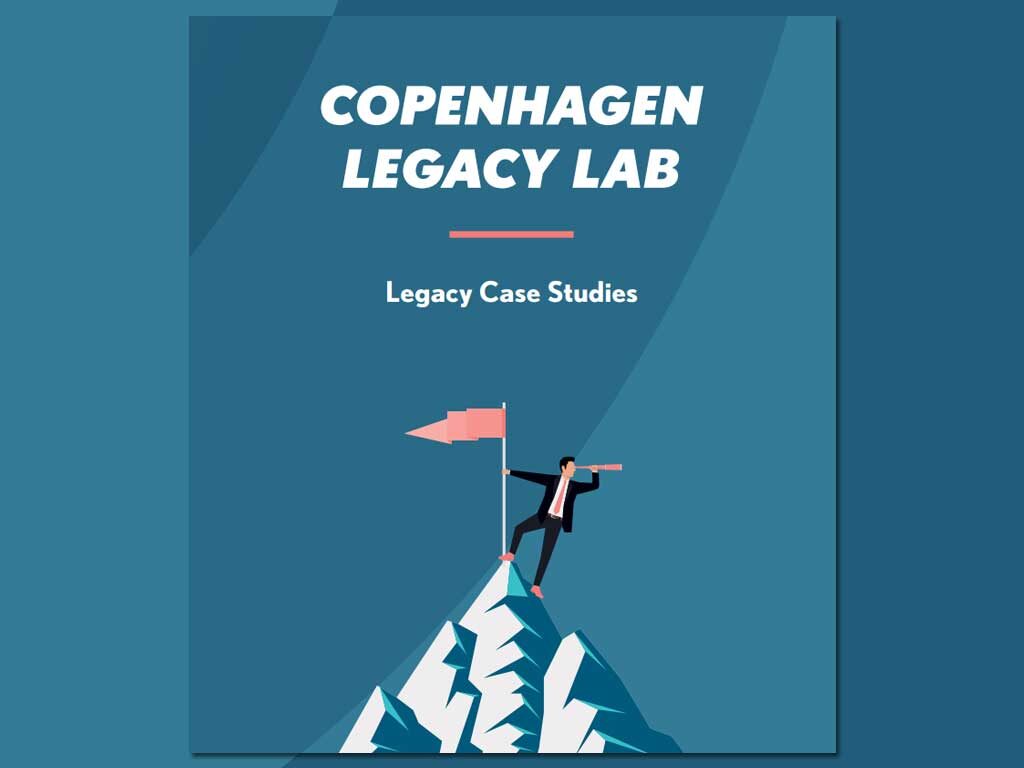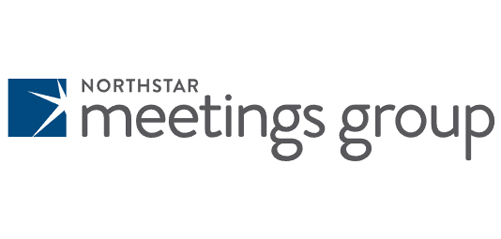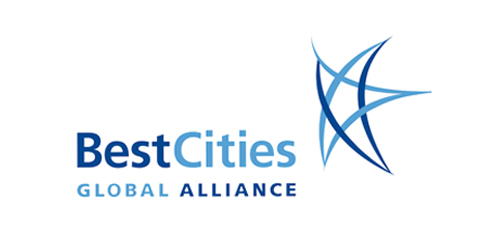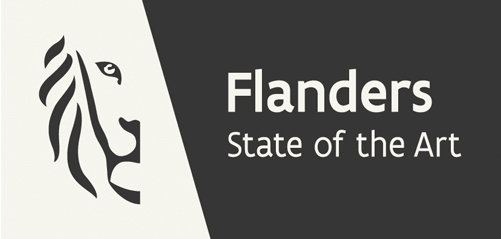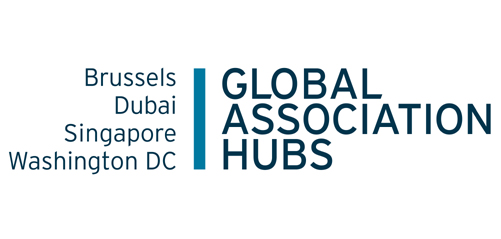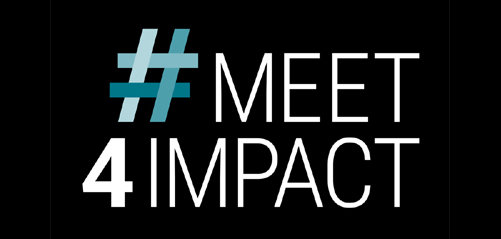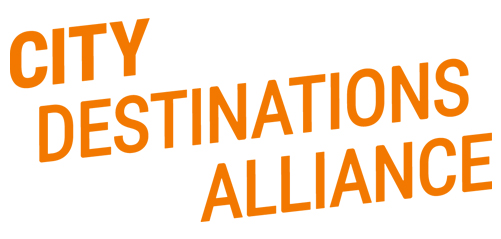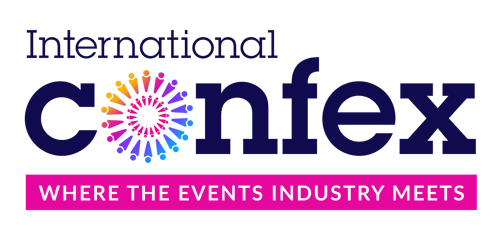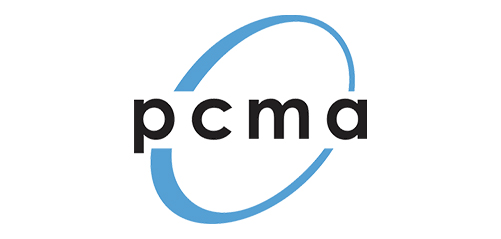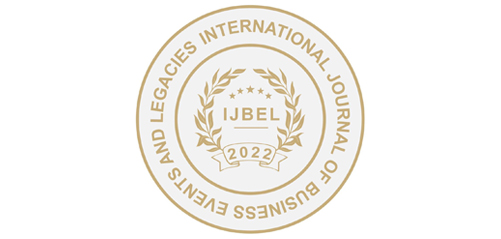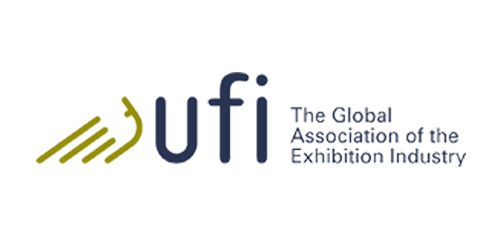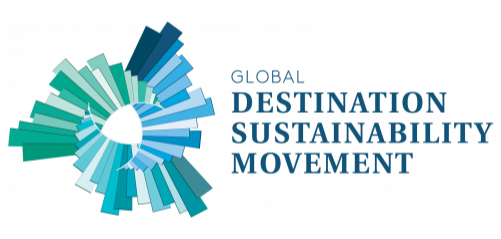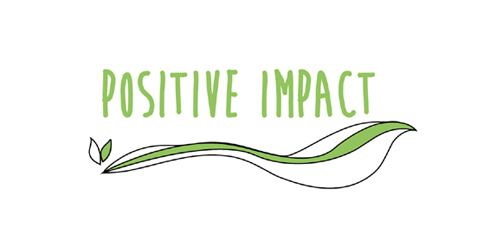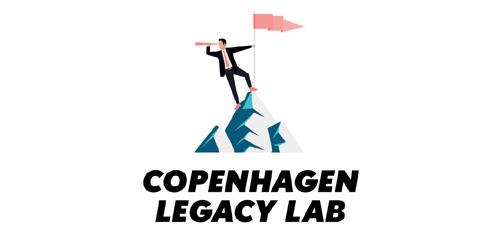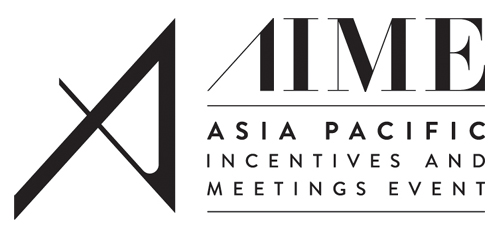What happens when associations prioritise long-term positive impact in the early planning stages of their event? And what kind of activities and outcomes can it lead to? To cast light on this, Copenhagen Legacy Lab is launching a series of legacy case studies.
Throughout 2022, Copenhagen Legacy Lab has been rolled out at several congresses in Copenhagen, including ESPGHAN 54th Annual Meeting, ISPIM Innovation Conference, The Global DIY-Summit, ESTRO 2022, and EULAR 2022. They are part of the initiative’s first series of case study papers that look at five congresses with a strategic approach to legacy in the planning, execution and evaluation of their congress.
Written by scientific journalist, Jens Degett, each case study includes the Copenhagen Legacy Lab 7-step model to illustrate how legacy has been embedded in each step of the process. The case studies also show the immediate outcomes as well as the potential long-term impact and legacy.
In addition to the congress cases, Copenhagen Legacy Lab has also launched new tools adjusted to the 7-step model.
Legacy Case Studies and the Toolkit:
Press Release:
Copenhagen Legacy Lab launches legacy case studies from key congresses
Further reading:
Association Meetings International: Copenhagen case study series demonstrates power of legacy planning
UIA World Congress of Architects Copenhagen 2023: Copenhagen Lessons

